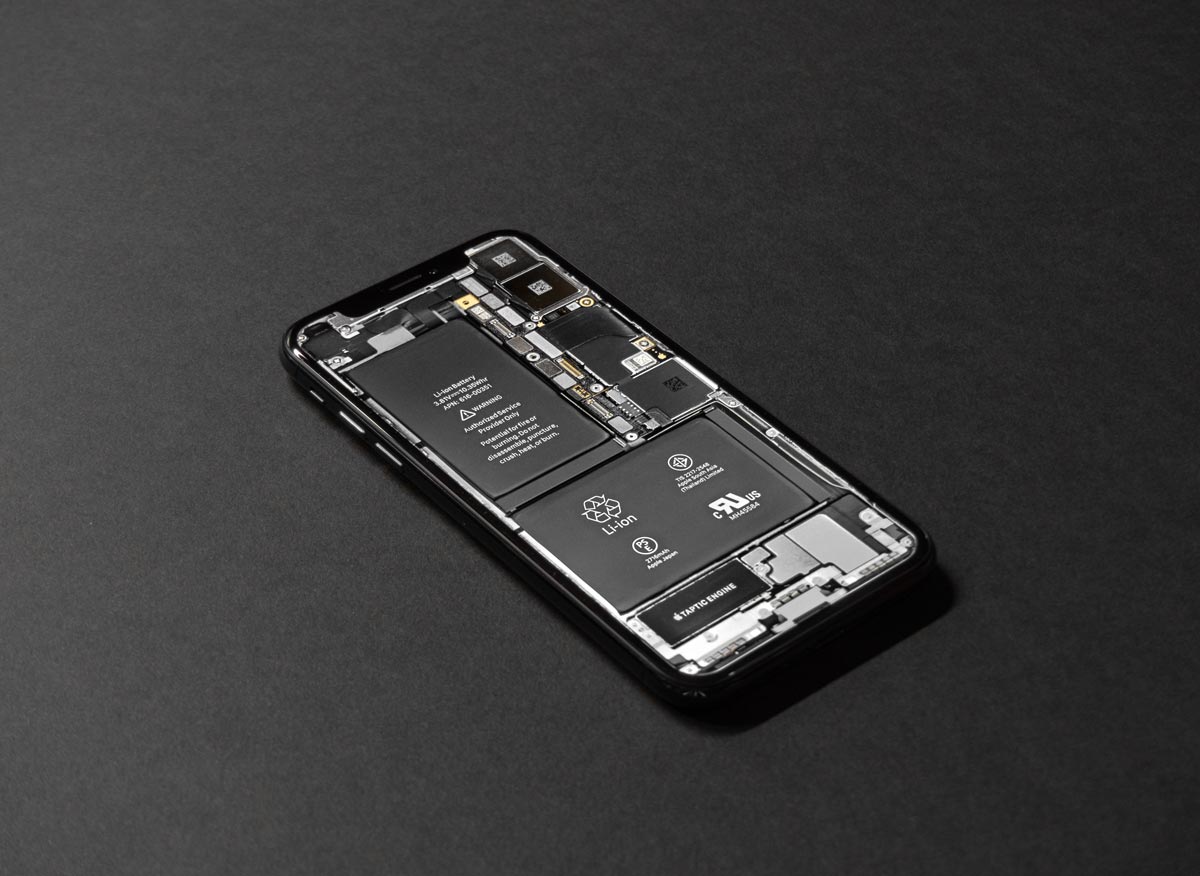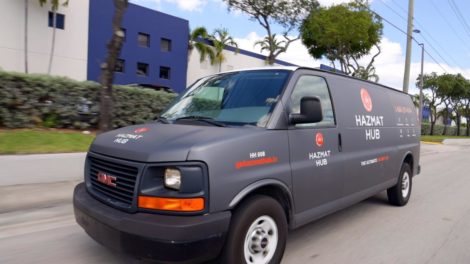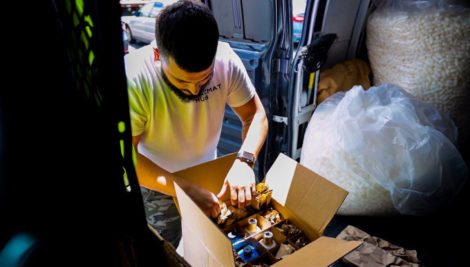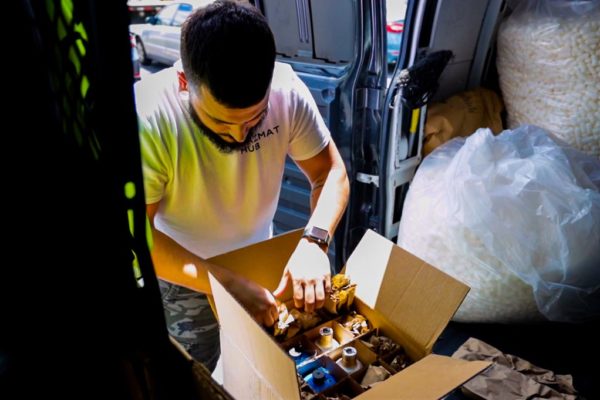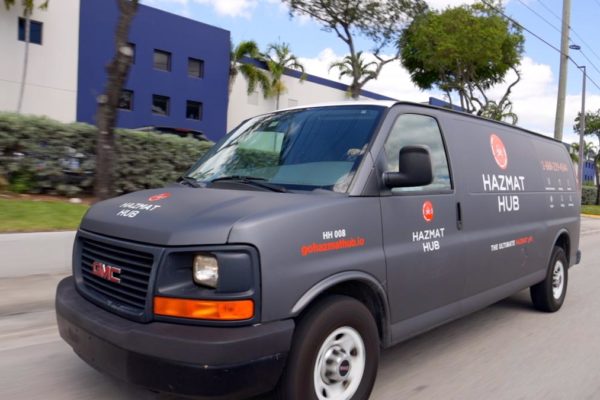The Safety of Lithium-Ion Batteries with Regard to Public Transportation, How Lithium-Ion Batteries Work and Their Potential Risks
What are Lithium-Ion Batteries?
Lithium-ion batteries are used to charge electronic devices for our everyday use. These include such modern conveniences as electric cars, cell phones, and laptops. lithium-ion batteries are used because they are light to carry, rechargeable, and can retain power for some time.
As a source of reliable power supply, Lithium-Ion batteries have become the best option in conserving energy.
However, it is evident that:
- Some of them have design flaws.
- They are prone to damages when not used correctly.
- They have been restricted in aircraft, which carry passengers.
How do They Work
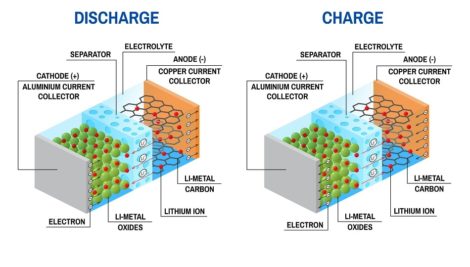 Basically, they are made of six elements which work together to generate and store energy. Lithium is stored by two of them. These are the cathode and anode. There is an electrolyte which acts as a carrier of positive ions to and from the anode and cathode via a separator. Current is then generated when the lithium ions move freely to create electrons in the anode. It then flows from the positive collector to the device intended for use and ends up in the negative current collector.
Basically, they are made of six elements which work together to generate and store energy. Lithium is stored by two of them. These are the cathode and anode. There is an electrolyte which acts as a carrier of positive ions to and from the anode and cathode via a separator. Current is then generated when the lithium ions move freely to create electrons in the anode. It then flows from the positive collector to the device intended for use and ends up in the negative current collector.
How Safe are They?
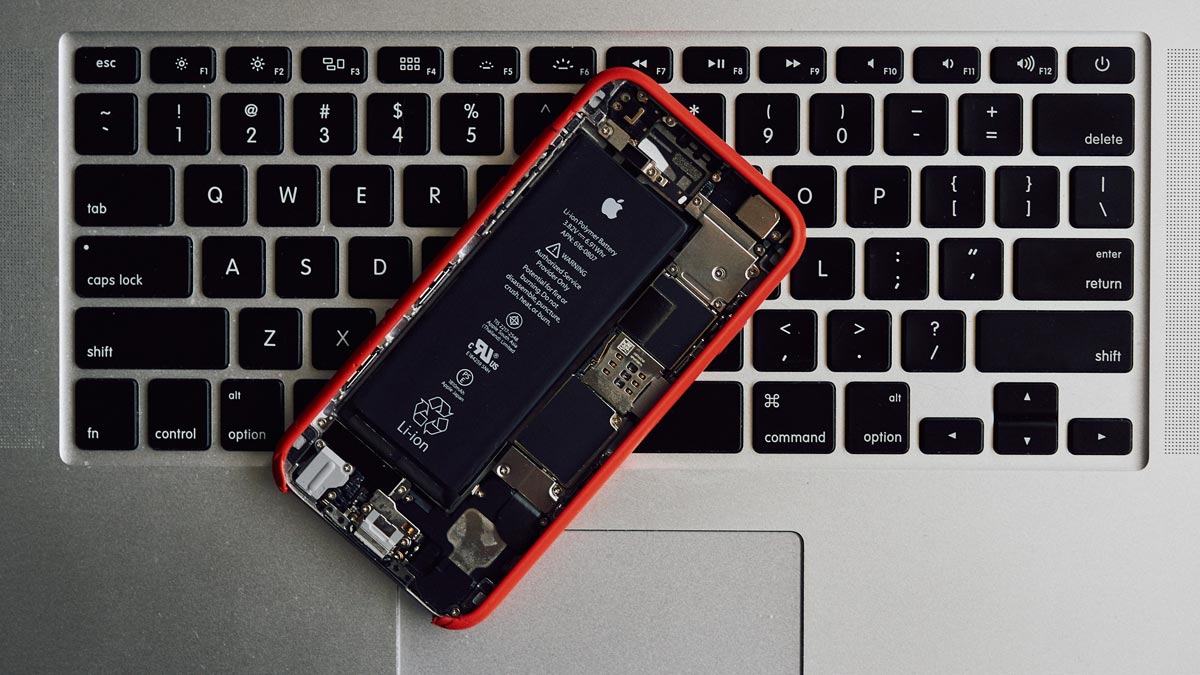 While lithium-ion batteries have proven to make our lives easier, they can also be rather dangerous. Under certain circumstances, these batteries may not hold up well under stress, or they may have serious design flaws.
While lithium-ion batteries have proven to make our lives easier, they can also be rather dangerous. Under certain circumstances, these batteries may not hold up well under stress, or they may have serious design flaws.
The major fails of lithium-ion batteries that have been seen in cases related to design flaws, where the intended flow of the internal process did work correctly.
In other instances, stress events can cause common failures. For example, when you find that the battery is reacting to overheating or charging in very low temperatures. This affects the battery’s programming and can lead to malfunctions such as device explosions.
Because of this, there has been a ban placed on the transportation of lithium ion batteries in aircraft that carry passengers. For more information on this, you can explore the IATA guidelines here.
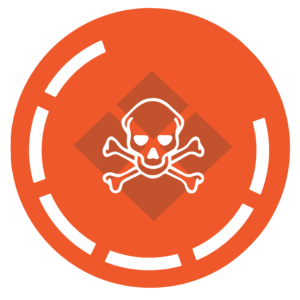 If you’re wondering how to dispose of the lithium-ion battery-powered devices in your home, or just how to dispose of hazardous materials in your home in general, check out this post: How to Properly Dispose of Your Hazardous Materials.
If you’re wondering how to dispose of the lithium-ion battery-powered devices in your home, or just how to dispose of hazardous materials in your home in general, check out this post: How to Properly Dispose of Your Hazardous Materials.
Check back weekly for informative posts about everything from handling dangerous goods in your home, to hazmat related national news!
Take control of your Hazmat transport that can assure you transparency from the port to your destination nationwide, request a free quote today and discover your hazmat logistics solution.
Article Sources:
- https://en.wikipedia.org/wiki/Lithium_battery
- https://www.iata.org/whatwedo/cargo/dgr/Pages/lithium-batteries.aspx
- https://www.energy.gov/eere/articles/how-does-lithium-ion-battery-work
